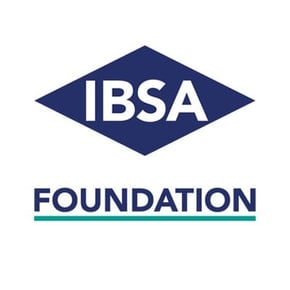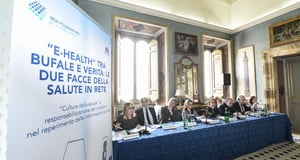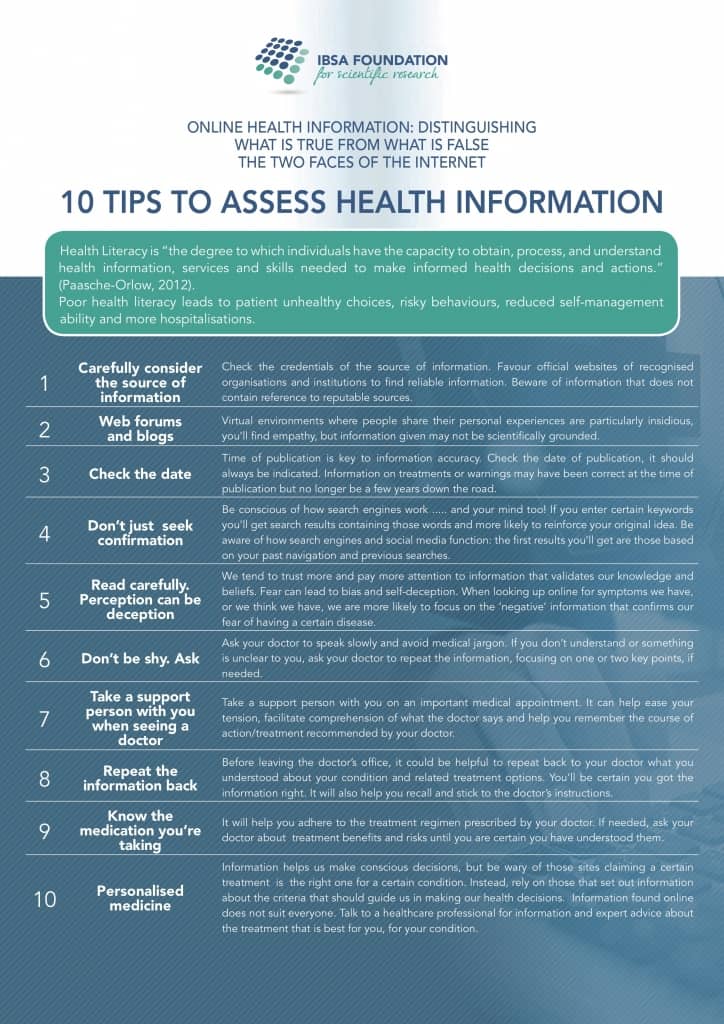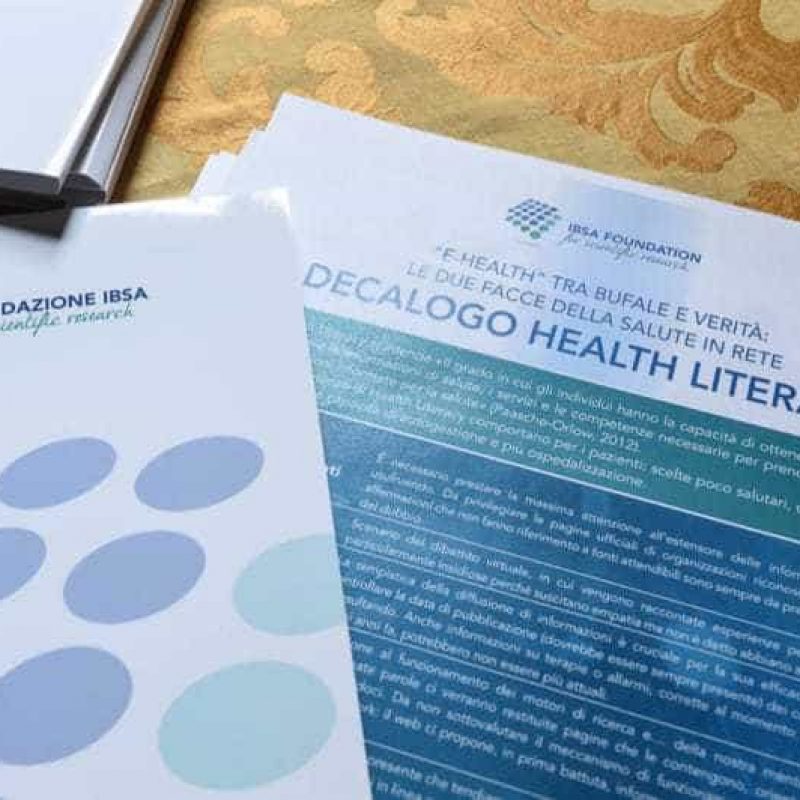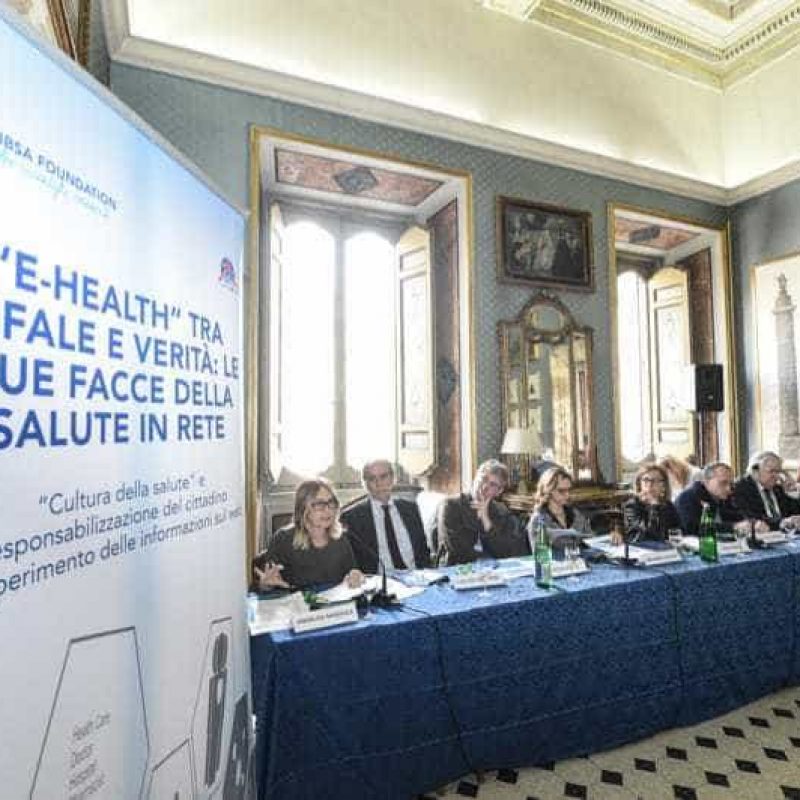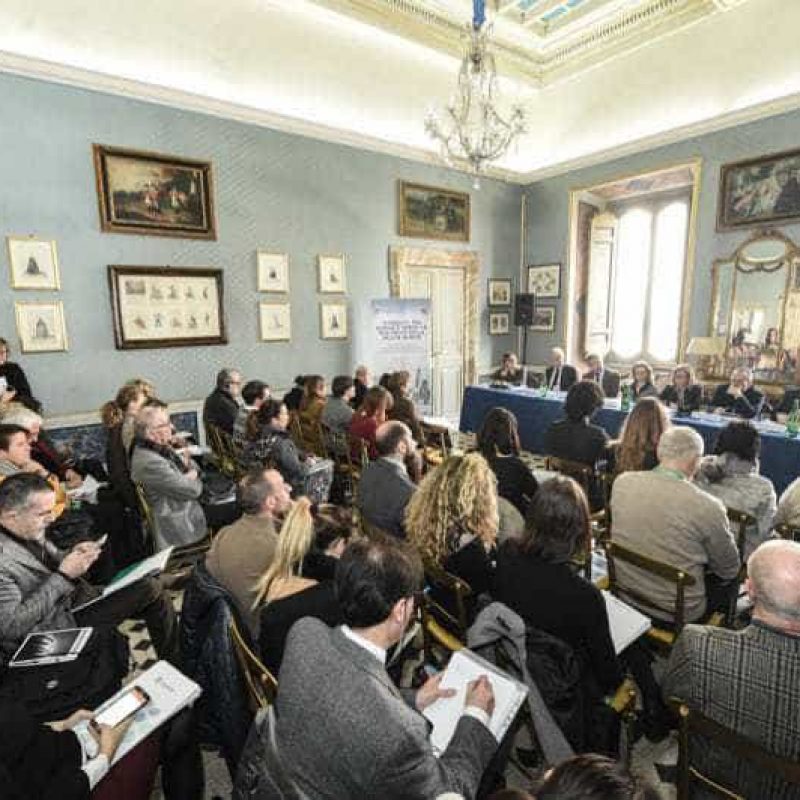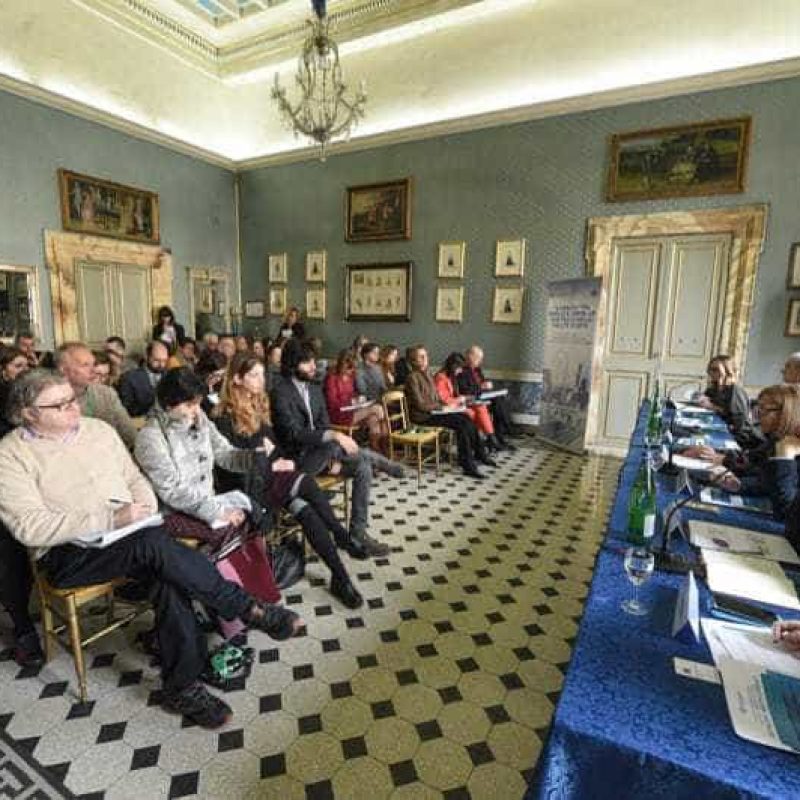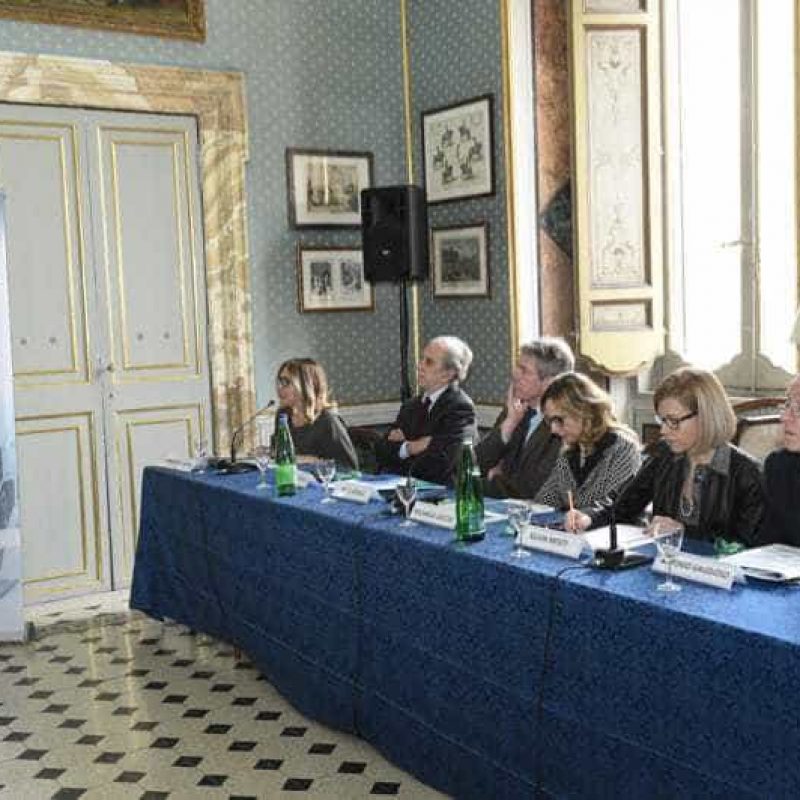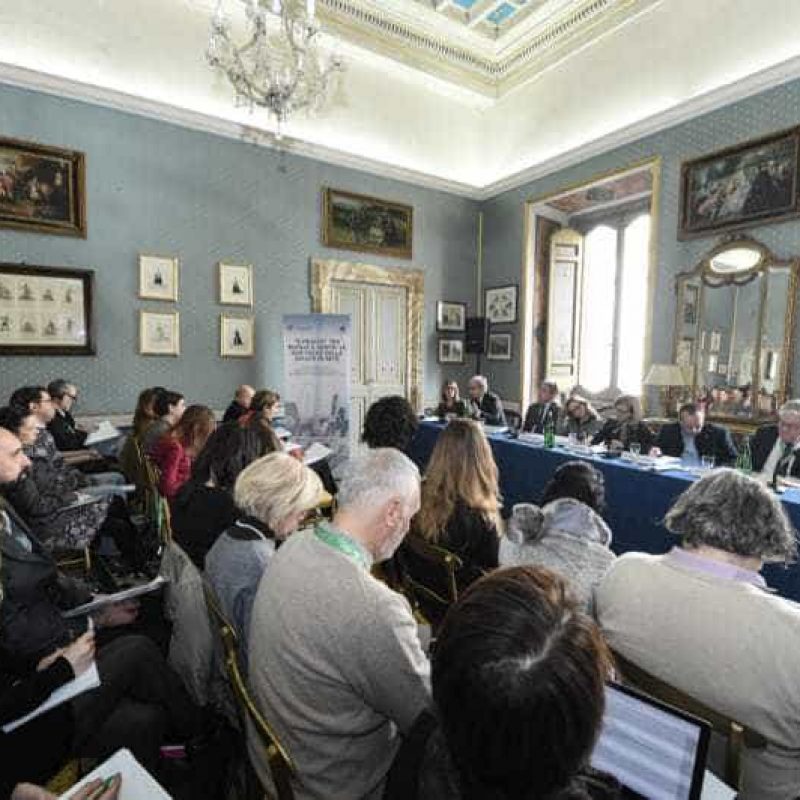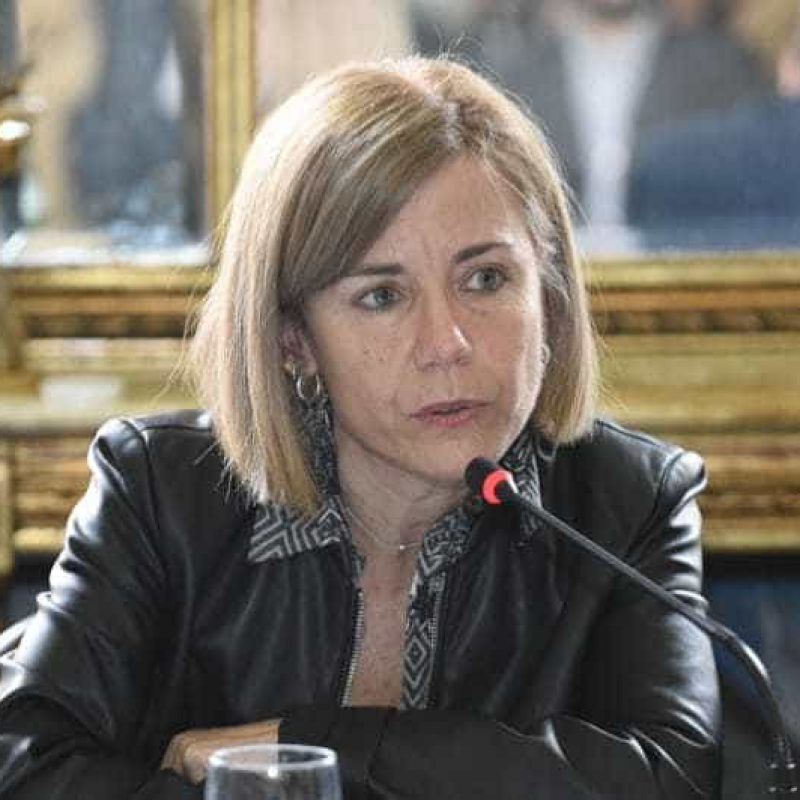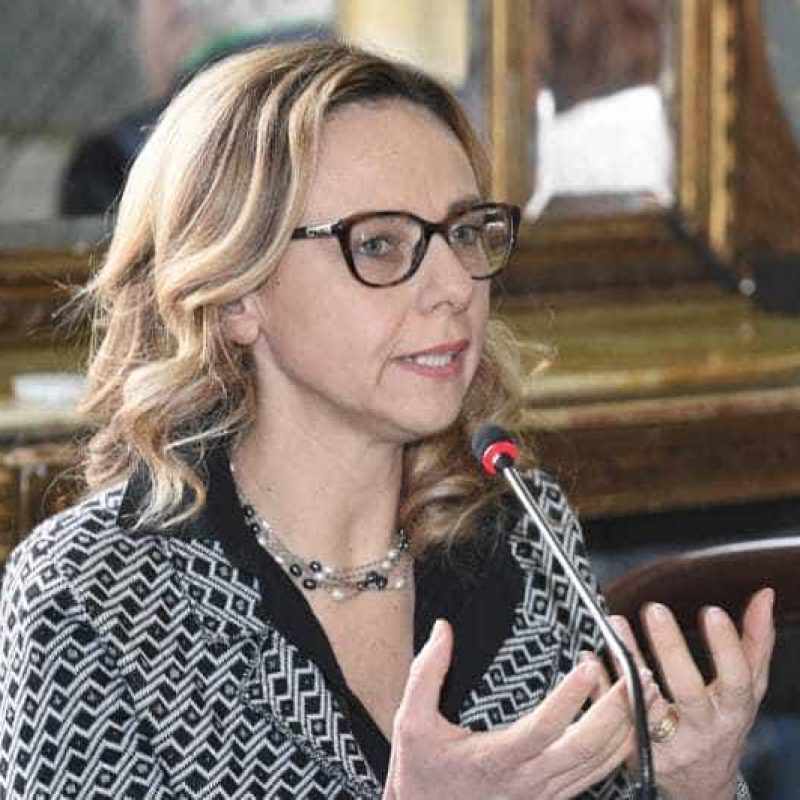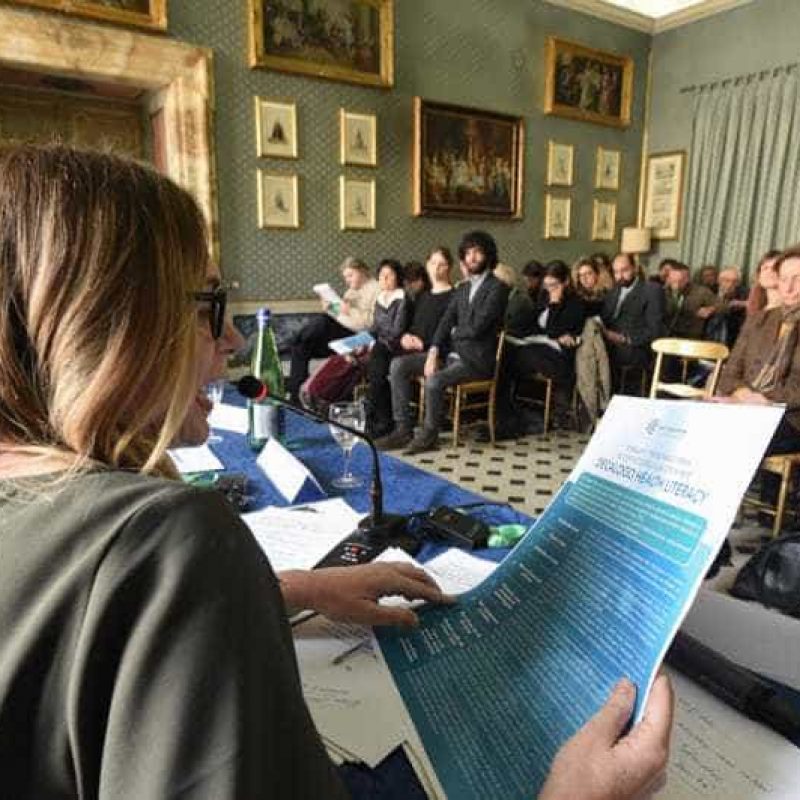E- Health between hoaxes and the truth: the two sides of online health.
The Internet’s enormous ability to readily provide information can become dangerous if users are not capable of evaluating the reliability of what they find. The more delicate the subject matter, the truer this is. To analyse this topic, on 26 January 2017 the IBSA Foundation held a conference entitled: “E- Health between hoaxes and the truth: the two sides of online health”. At the basis of this meeting between experts, scholars, the Istituto Superiore di Sanità, and patient associations was the first Guide to Health Literacy and the results of a survey which our foundation conducted for the occasion.
Over 88% of Italians (93.3% among women) consult the Internet when they need information on health and 44% believe that seeking this type of information on the Internet is only slightly or not at all risky. Combining the data regarding the frequency with which the Internet is consulted for health-related information and the degree of trust people have in the Internet, we find that individuals aged between 24 and 34 make enormous use of the Internet to “support” their research, but are more sceptical as compared to individuals between the ages of 45-54. Meanwhile, those over 65 years of age are sceptical a priori (they use the Internet rarely and see it as a “highly risky” source). The most alarming figure is that regarding online hoaxes, particularly on social networks: almost half of those interviewed don’t seem to be worried.
There is a remarkable difference in people’s use of the Internet for health-related research in correlation to their highest level of education: 96% of college graduates and only 24.5% of people who stopped studying after elementary school turn to the Internet for information.
Additionally, little attention is paid to sources: 44% trust the top results on the page with a significant difference between 18 to 24 year-olds (55% of those surveyed) and those over 65 years of age (barely 22.7%).
Meanwhile, greater awareness of the risks related to Internet use and increased basic knowledge of health in general could help to empower Internet users, beginning with careful examination of sources. According to Antonio Gaudioso, Secretary General of Cittadinanzattiva, it is primarily when individuals are searching the Internet for information related to health – and the survey demonstrated that this is happening with increasing frequency – that basic knowledge becomes the only “weapon” to defend against partial or false information. When, however, we talk about Health Literacy, this is not the only thing we are referring to: in fact, increased knowledge also means a better doctor-patient relationship. A virtuous circle that often results in more efficient treatments and, therefore, better health, a “subject” which is still talked about very little in Italy, but which will be increasingly relevant.
The first guide created to help people defend themselves against Internet hoaxes.
On occasion of the workshop, the first Health Literacy guide was drafted and presented. It includes a series of practical and easy-to-understand directions and advice for learning to defend oneself against incomplete or false information circulating on the Internet, as well as for improving doctor-patient communication. The first and foremost rule of the guide is to “Check the source”. It is, in fact, necessary to pay close attention to who is disseminating the information you are taking advantage of and therefore endorse the official pages of well-known and reliable organizations. This guide was created for everyone’s use – individuals and patients – but can be a particularly useful tool to certain categories of people, like, for example, the elderly – less “savvy” in terms of potential Internet “traps” – and young parents who, dealing with the many issues that come up during the first years of a child’s life, from nursing to weaning, all the way to vaccines and infectious diseases, often turn to the Internet in search of information and advice. The guide will be distributed primarily through patient associations that will make it available to their members by publishing the document on their websites.
Health Literacy: the opinion of patient associations
At the margin of the Health Literacy course offered by the IBSA Foundation which took place in Rome and Milan this past autumn with the contribution of Peter Schulz (tenured professor of Communication Theory and Health Communication, head of the University of Lugano’s Institute of Communication and Health) and Michaёla Liuccio (President CLM in Biomedical Scientific Communication, Sapienza University of Roma) a series of questions were asked of a representative sample of Italian patient associations. The results of the survey show that only half of those questioned admit to referring rarely to the term Health Literacy,despite recognizing its importance. But according to the associations, what measures should be put into place in order to avoid potential harm to patients with a low level of Health Literacy? In response to this important question, the most common suggestion was to strengthen information, scientifically based if possible, as well as to educate doctors and patients. The majority of those surveyed believe that in order to increase the probability that health professionals communicate with patients according to their level of Health Literacy, it is above all necessary to make communication skills an integral part of medical training for doctors and nurses. In closing, in response to the question of what can be done to improve patients’ Health Literacy, almost all of the associations suggested creating a website for patients that provides useful medical information and gives them an opportunity to ask anonymous questions, as well as urging patients to prepare for a doctor’s visit by, for example, making a list of potential questions to ask.
Video
E-Health Video
Video interviews
Photos
